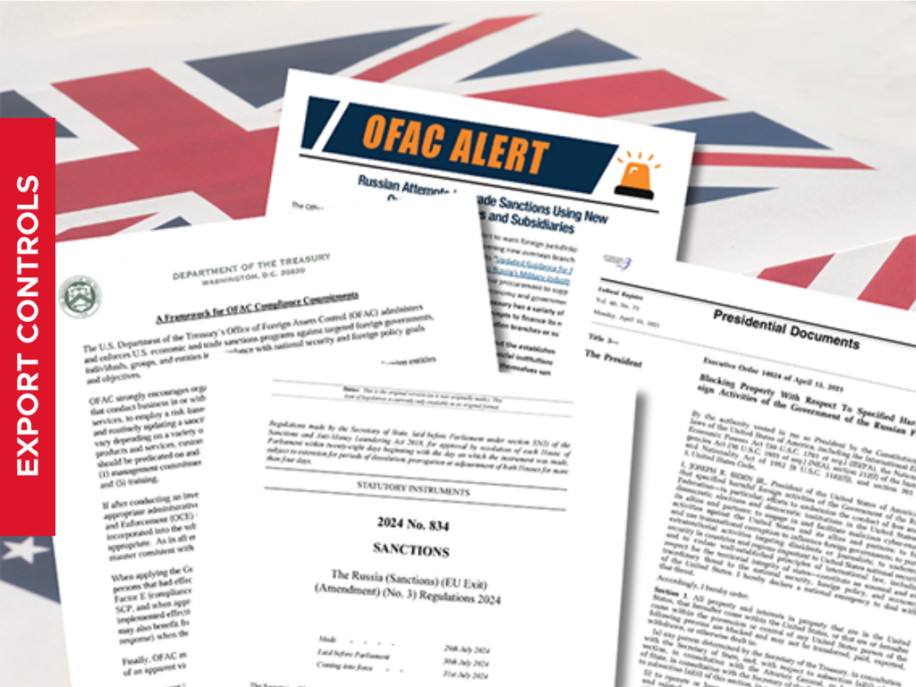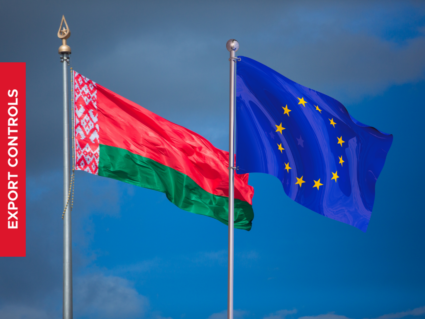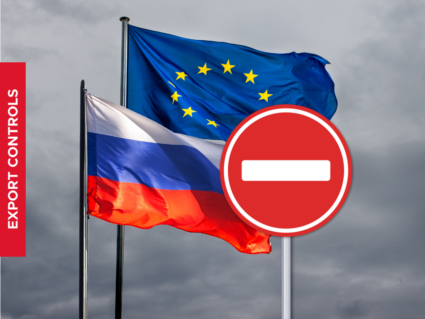Secondary and extraterritorial sanctions: updates from the United States and the United Kingdom
 Below are some significant updates on sanctions from the United States and the United Kingdom. There are an increasing number of cases in which non-US individuals and entities are listed under so-called ‘secondary sanctions’, a particular type of sanction that seems to be catching on in the legislation of other countries, including the UK.
Below are some significant updates on sanctions from the United States and the United Kingdom. There are an increasing number of cases in which non-US individuals and entities are listed under so-called ‘secondary sanctions’, a particular type of sanction that seems to be catching on in the legislation of other countries, including the UK.
On 23 August, the Office of Foreign Assets Control (OFAC) of the US Department of the Treasury targeted nearly 400 individuals and entities both in Russia and outside its borders — including in Asia, Europe, and the Middle East — whose products and services enable Russia to sustain its war effort against Ukraine (Executive Order 14024) and evade sanctions.
OFAC is responsible for enforcing economic and trade sanctions against countries, organisations, and individuals that threaten the national security, foreign policy, or economy of the United States. It administers and enforces sanctions based on US foreign policy and national security objectives, including freezing assets and restricting economic transactions.
The listed individuals and entities also include Italian individuals and entities accused of contributing to Russia’s industrial and military capabilities. They allegedly participated in evasive schemes to supply materials and products to Russia in violation of US sanctions.
The effects of secondary sanctions
At the same time, the US authorities arrested a Hungarian citizen on suspicion of violating trade restrictions imposed on Russia.
According to the reconstruction by the US Department of Justice, the Hungarian citizen, in cooperation with others, managed a multinational procurement network that contracted directly with various entities in the Russian government and worked on large scale projects such as the construction of operational radio communications systems in Russia’s Kursk region along the Russian/Ukrainian border.
The network arranged to purchase U.S.-origin radio communications technology and smuggle such technology to Russian government end-users through a network of affiliates located in Spain, Serbia, Hungary, Latvia, and elsewhere.
Read the news.
Activate ZPC Monitoring, our professional service of regulatory updates, alerts, analyzes and insights on export controls and geopolitical risk.



